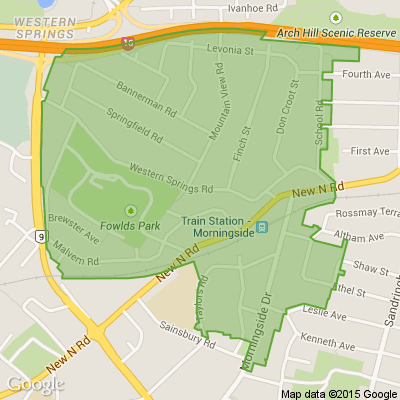Downsize to a Richer, Happier Life
What do you want to do with your life? Would you like to travel, downsize, have more money and more free time? Do you ever feel like your stuff holds you back, but the thought of decluttering just seems too hard? If so, you’re not alone.
This is the first of a series of articles dedicated to helping you to downsize, declutter and rightsize your life, brought to you by Ryman Healthcare in conjunction with decluttering expert Peter Walsh.
When helping people to declutter, Peter never starts by focusing on the stuff itself. Every item in your home has a story, so the first step is to think about what that story is.
Maybe you’re thinking about downsizing as you approach retirement but still have all the artwork and toys and books that belonged to your now adult children, and don’t know what to do with them. Perhaps letting go of that old sports equipment means letting go of a vision you had of yourself that no longer fits who you are. Maybe you’re holding onto heirlooms you have no use for because you want to keep the memory of the person alive.
No matter what your situation is, it’s easier to declutter and downsize if you start by identifying the feelings that underlie your attachment to your stuff before tackling the stuff itself.
Click to read more.

Some Choice News!
DOC is rolling out a new tool to help figure out what to tackle first when it comes to protecting our threatened species and the things putting them at risk.
Why does this matter? As Nikki Macdonald from The Post points out, we’re a country with around 4,400 threatened species. With limited time and funding, conservation has always meant making tough calls about what gets attention first.
For the first time, DOC has put real numbers around what it would take to do everything needed to properly safeguard our unique natural environment. The new BioInvest tool shows the scale of the challenge: 310,177 actions across 28,007 sites.
Now that we can see the full picture, it brings the big question into focus: how much do we, as Kiwis, truly value protecting nature — and what are we prepared to invest to make it happen?
We hope this brings a smile!

Poll: 🤖 What skills do you think give a CV the ultimate edge in a robot-filled workplace?
The Reserve Bank has shared some pretty blunt advice: there’s no such thing as a “safe” job anymore 🛟😑
Robots are stepping into repetitive roles in factories, plants and warehouses. AI is taking care of the admin tasks that once filled many mid-level office jobs.
We want to know: As the world evolves, what skills do you think give a CV the ultimate edge in a robot-filled workplace?
Want to read more? The Press has you covered!

-
52.7% Human-centred experience and communication
-
14.7% Critical thinking
-
29.8% Resilience and adaptability
-
2.7% Other - I will share below!
Share your favourite main crop potato recipe and win a copy of our mag!
Love potatoes? We will give away free copies of the May 2026 issue to readers whose potato recipes are used in our magazine. To be in the running, make sure you email your family's favourite way to enjoy potatoes: mailbox@nzgardener.co.nz, by March 1, 2026.








 Loading…
Loading…